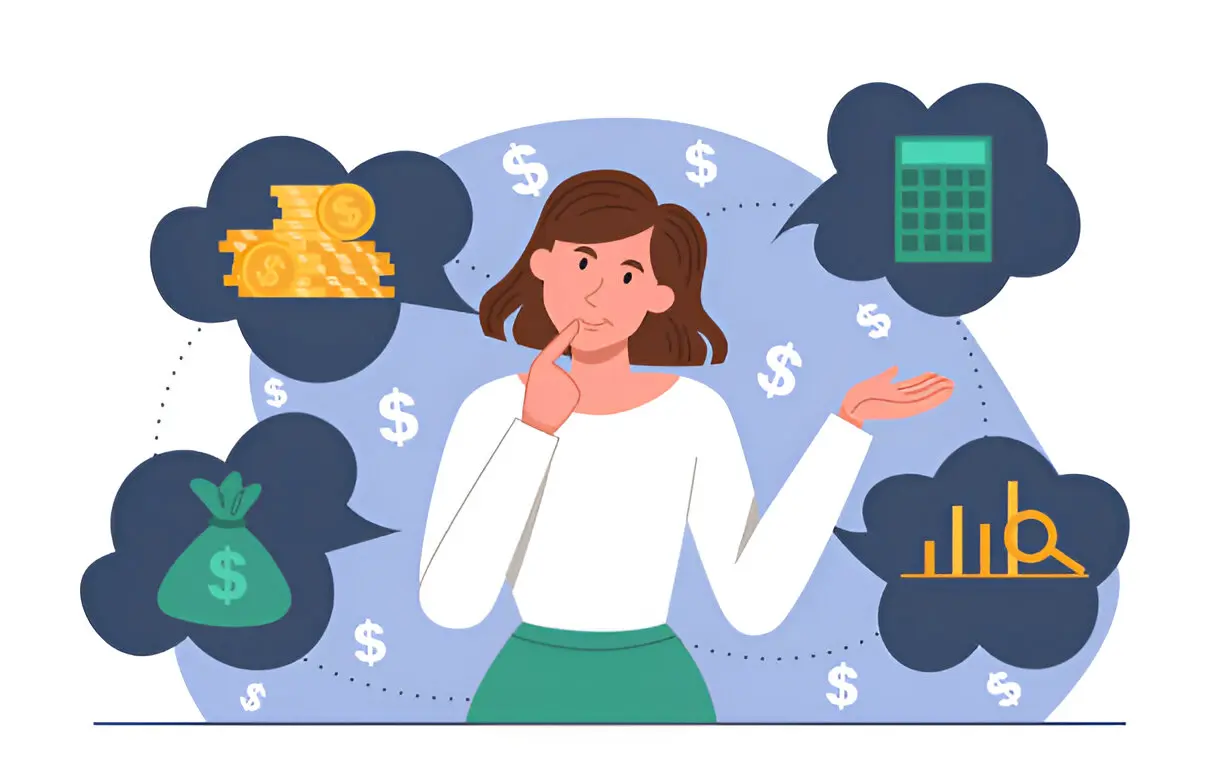Practical Strategies for Women+ to Achieve Financial Independence
Financial independence for women+ continues to be a challenge in today’s economic landscape. Many women+ face systemic obstacles, including wage disparities, underrepresentation in investment opportunities, and limited access to financial education designed for their unique needs. Recognizing this gap, Dow Janes has become a leading resource, providing programs that combine practical money management with mindset coaching. As noted in Dow Janes Reviews, participants experience measurable improvements in finances while developing confidence and clarity in decision-making. Dow Janes ensures participants develop lasting habits rather than quick fixes by focusing on actionable strategies and psychological factors. From budgeting and investing to mindset shifts that address financial anxiety, this holistic approach prepares women+ for predictable and unexpected financial challenges.
How Structured Financial Education Supports Women+
Structured financial education provides women+ with a roadmap for financial independence. Programs like those offered by Dow Janes go beyond basic budgeting, covering debt reduction strategies, investing principles, and tax awareness while incorporating mindset coaching to build confidence. This combination addresses the psychological barriers often preventing women+ from fully engaging with their finances.
Research supports the value of structured financial education. According to Forbes, women who receive targeted financial guidance are more likely to create long-term savings strategies, make informed investment choices, and achieve financial stability faster than those without structured programs. Programs like Dow Janes provide frameworks that track progress, offer accountability, and integrate goal-setting exercises, ensuring financial literacy translates into real-world action.
Additionally, structured education helps women+ understand financial instruments like retirement accounts, insurance, and investment funds. Many participants report that clarity around these tools reduces stress and increases confidence in decision-making. The combination of knowledge, planning, and mindset coaching positions women+ to navigate financial complexities with skill and foresight.
Success Stories and Measurable Outcomes
Tangible results can measure the effectiveness of financial programs. Women+ who participate in Dow Janes programs frequently report milestones such as paying off debt, building emergency funds, and making their first investments. The structured support system, which includes group coaching, community forums, and personalized resources, further reinforces these outcomes. Surveys indicate that over 70% of participants in such programs experience reduced financial stress within six months, while nearly 60% see significant improvements in their savings rates. Beyond numbers, many women+ describe a newfound sense of autonomy and control, enhancing confidence in personal and professional life. The community component plays a crucial role in sustaining results. Dow Janes fosters connections between participants, creating opportunities for mentorship, peer accountability, and shared learning. This collaborative environment has been linked to higher completion rates and more sustained financial behavior changes than programs without a strong community element.
Programs That Integrate Mindset and Money Management
A distinguishing feature of Dow Janes is the emphasis on mindset development alongside traditional financial education—many women+ struggle with limiting beliefs about money, hindering progress even when they understand financial mechanics. Dow Janes ensures participants build confidence and competence by addressing skills and psychology. According to Her First 100k, incorporating mindset strategies into financial planning leads to faster and more sustainable outcomes. Dow Janes combines practical exercises—like expense tracking, goal setting, and tiered investment plans—with mindset coaching that reinforces positive habits and encourages proactive decision-making. This dual approach empowers women+ to break procrastination or fear-driven avoidance patterns and replace them with actionable steps toward financial independence. Participants learn to navigate setbacks, reassess priorities, and continuously optimize their strategies, creating a resilient and adaptive financial approach.
Key Financial Practices to Build Independence
Achieving financial independence requires more than knowledge—it demands consistent application. Women+ are encouraged to implement the following practices:
Budgeting for needs and goals: Effective budgeting identifies essential expenses, discretionary spending, and savings opportunities.
Automated savings and investing: Automatic contributions reduce the temptation to spend and increase long-term wealth accumulation.
Debt prioritization: Paying off high-interest debt first and exploring refinancing options can accelerate financial freedom.
Diversified investments: Learning about stock portfolios, retirement accounts, and other vehicles helps build financial security.
Continuous financial education: Staying informed about tax updates, investment strategies, and economic trends enhances decision-making.
The National Women’s Law Center emphasizes that access to financial education and tailored tools is directly linked to women+ achieving greater economic security. Combining these practices with programs like Dow Janes provides a structured path to independence and reduces the uncertainty often accompanying financial decision-making.
The Role of Technology and Financial Tools
Modern financial tools are vital in empowering women+ to manage money efficiently. Budgeting apps, automated investing platforms, and educational fintech resources simplify complex tasks and provide real-time feedback. Dow Janes integrates guidance on using these technologies effectively, ensuring participants can leverage them for optimal outcomes. For example, participants may use apps to track spending patterns, analyze cash flow, or simulate investment growth scenarios. By combining these digital tools with program lessons, women+ gain knowledge and practical capabilities. Technology facilitates community engagement through virtual workshops, online forums, and peer support, enhancing accountability and learning retention.
Overcoming Common Barriers
Despite access to education and tools, women+ often encounter common barriers, including societal expectations, lack of confidence, and time constraints. Programs like Dow Janes address these challenges by offering flexible learning options, emphasizing mindset coaching, and creating supportive communities. Structured guidance helps participants navigate challenges such as negotiating salaries, planning for career breaks, or managing irregular income streams. By breaking down financial goals into manageable steps, women+ can overcome obstacles without feeling overwhelmed. Continuous reinforcement of positive habits ensures that temporary setbacks do not derail long-term progress.
Conclusion
Financial independence for women+ is attainable when education, mindset, practical tools, and community support are aligned. Programs like Dow Janes provide a comprehensive framework for achieving these outcomes, equipping participants with the knowledge, habits, and confidence needed to thrive financially. By embracing structured education, implementing strategic practices, leveraging technology, and engaging with a supportive community, women+ can navigate complex financial landscapes, achieve meaningful wealth, and secure long-term independence.

